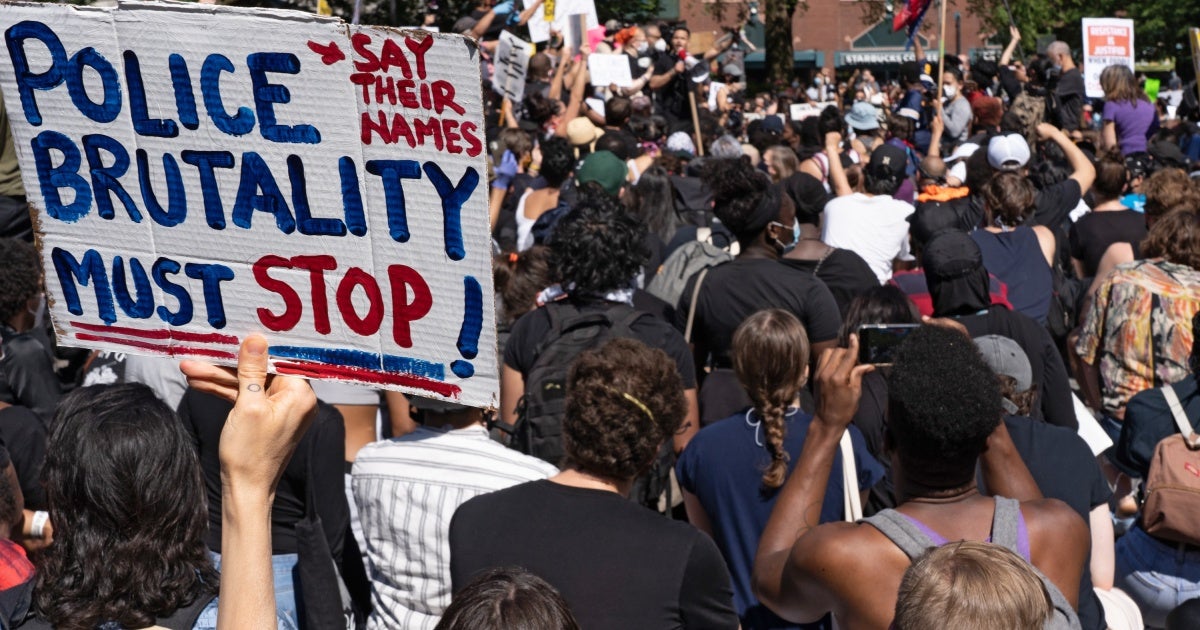|
Getting your Trinity Audio player ready...
|
In January 2023, California removed “loitering in a public place with the intent to commit prostitution” from the state’s penal code. It was a victory for transgender people, Black communities, trafficking survivors, sex workers, and others disproportionately targeted by the ban.
Unfortunately, just over a year later, three bills before the California State Legislature proposed reinstating this harmful and discriminatory loitering ban. Though none progressed beyond committee hearing, some of their more harmful elements deserve a closer look, because they keep cropping up in California legislation.
AB-2034 and AB-2646 specifically targeted “loitering for the purpose of engaging in a prostitution offense.” This language recodifies laws that have had a stark discriminatory impact on lesbian, gay, bisexual and transgender (LGBT) and Black communities. As Governor Gavin Newsom wrote when he signed the law striking down the loitering ban: “Black adults accounted for 56.1% of the loitering charges in Los Angeles between 2017-2019, despite making up less than 10% of the city’s population.”
SB-1219 went further, proposing to criminalize anyone operating “a motor vehicle in a public place” who slows down their car “with intent to solicit prostitution,” in addition to re-criminalizing “loitering in a public place with the intent to commit prostitution.” The criminalization of clients in different countries has repeatedly been associated with increases in sexual violence, murder, police abuse, and exclusion from social services, while having no demonstrable effect on the eradication of trafficking. In fact, research has shown that anti-prostitution laws endanger and undermine the work of human rights defenders doing life-saving anti-trafficking work.
Loitering laws have existed for centuries. They are definitionally vague and have historically been used against the working class, migrants, sex workers, people who use drugs, people living in poverty, and other stigmatized groups to restrict their access to the public sphere. What anti-loitering laws do not do is end sex work or trafficking. Much like the criminalization of the purchase of sex, loitering bans merely provide cover for abuses against already marginalized groups. Reinstating loitering as a crime in California would be a step backwards.



